Conference
Solidarity and Cooperation – Women Leaders and the World After the Pandemic
20. August 2020.
At the suggestion of the Ministry of Labor, Employment, Veteran and Social Policy and by decision of the Government of the Republic of Serbia, the year 2020 was declared The Year of Solidarity and Cooperation in order to raise public awareness of the importance of these values, especially at a times when the socioeconomic consequences of the COVID - 19 pandemic occur. The crisis caused by the pandemic of this virus has reminded society that solidarity and cooperation must be seen as enduring principles that advance and empower society. BALKAN PERSPECTIVES TODAY was hired to create the visual identity and concept of three online conferences: "Intergenerational cooperation and solidarity: We have each other" (August 4, 2020), "The role of crisis management in a pandemic - Cross-sectoral solidarity and cooperation" ( 11.8.2020) and “Solidarity and Cooperation: Women Leaders and the World after the Pandemic” (20.8.2020). BPT is also entrusted with the complete executive production of these events and the organization of media reporting.
The international conference "Solidarity and Cooperation: Women Leaders and the World after the Pandemic" was held on August 20, 2020, via the Zoom platform and it was live streamed on YouTube. The conference aimed to identify the problems faced by women during the pandemic and a general analysis of the progress made in the country and globally in terms of their position in society. The wish of the organizers was to affirm the contribution of all women who, through their actions, showed the importance of solidarity for better resolution of crisis situations during the pandemic of the COVID - 19.
The International Conference "Solidarity and Cooperation - Women Leaders and the World After the Pandemic" served as a platform to present the measures taken to reduce the consequences of the pandemic, but also to exchange experiences and examples of good practices that can encourage all participating countries to work on developing better general governance systems, designing and implementing policies that lead to the promotion of gender equality in The Year of Cooperation and Solidarity, the eradication of poverty, increasing employment, economic growth and achieving equal opportunities for all.
Numerous state, regional and global officials and experts spoke at the conference. Through the exchange of experiences and good practices, analyzing the achieved progress and the current position of women in society, they made an additional contribution to the promotion of gender equality. This conference achieved its goal of emphasizing the importance of the role that women decision-makers have for socio-political progress, as well as for the stability of a country.
.jpg)
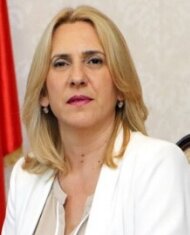
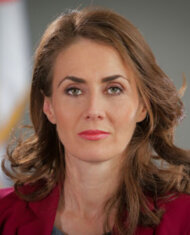


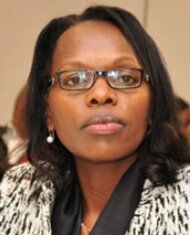
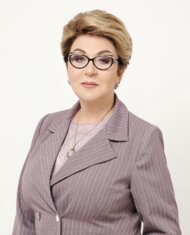
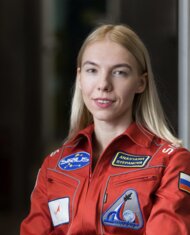

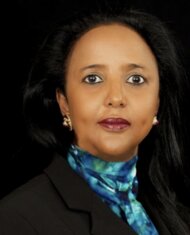
16:00-16:10
Welcome speech
16:10-16:30
Panel discussion
Zeljka Cvijanovic
16:30-16:30
Eleonora Mitrofanova
16:45-17:00
Anastasia Stepanova
17:00-17:10
Ksenija Vucic
17:10-17:20
Amina Mohamed
17:20-17:30
Jane Muigai
17:30-17:40
Alena Kuzmenko
17:40-17:50
Ivanka Jovanovic
17:50-18:00
Zoran Djordjevic

BelExpo Centar is one of the leaders in the field of service and catering activities that provides a superior product, a new culture of service and organization. It is located in New Belgrade, in the business center of the capital. Within the company BELEXPOCENTAR is the hotel HOLIDAY INN BELGRADE and the multifunctional hall Belexpocentar, where various types of events can be organized. Until the beginning of 2010, Belexpocentar was part of the EXPO XXI Association of Exhibition and Conference Centers. Since its opening in 2006, over 250 different events and conferences have been held in the Belexpocentar Hall.
.jpg)
Belgrade is the capital and largest city of Serbia. It is located at the confluence of the rivers Sava and Danube, where the Pannonian Plain meets the Balkan Peninsula. The urban area of Belgrade has a population of 1.23 million, while nearly 1.7 million people live within the administrative limits of the City of Belgrade. Its name means “white city.” One of the most important prehistoric cultures of Europe, the Vinča culture, evolved within the Belgrade area in the 6th millennium BC. Throughout history, Belgrade was conquered several times. Due to its perilous strategic position, the city has taken part in over 115 wars and been destroyed 44 times. It has been the capital of Serbia since 1405 and it was the capital of Yugoslavia from its creation in 1918 to its dissolution.